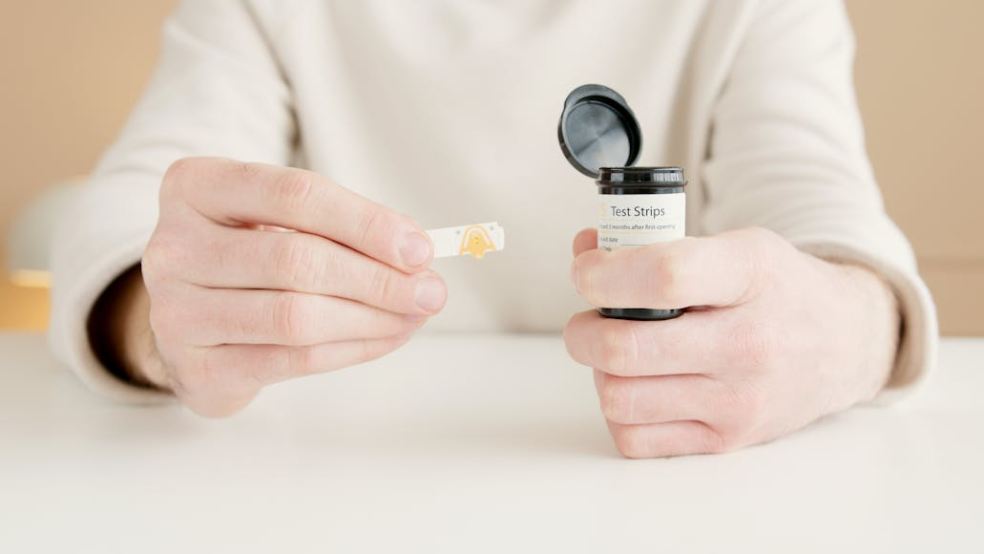
Why at-home health tests are on the rise
At-home tests are available for a variety of conditions and monitoring processes these days. For example, the UK bowel cancer screening programme used self-testing kits to diagnose 6,500 people from 2021 to 2022 – a great success for proactive healthcare.
Everything from ZOE tests, that look at blood fat, blood sugar levels and gut health, to home STI test kits are giving people greater insight into and control over their wellbeing. Here’s why home testing continues to grow in popularity.
Convenience and accessibility
Health tests at home offer unparalleled convenience for individuals and organisations alike. Rather than booking appointments, travelling to clinics and potentially enduring long waiting times, at-home tests eliminate many of these hurdles.
Kits can be ordered online, delivered swiftly and used at a time that suits the individual. This ease of access is particularly beneficial for people in remote or underserved areas where healthcare capacity is limited.
These methods also appeal to those with busy lifestyles. At-home tests give them the power to be proactive about their health, even if they can’t make time for regular check-ups.
Proactive health management
Rather than waiting for symptoms to escalate or the next available GP appointment, individuals now have the means to take the lead on their wellbeing.
Various at-home tests are available, empowering people to monitor different aspects of their health, from blood sugar and cholesterol levels to hormone balances and genetic predispositions.
Early detection of issues allows for timely intervention, reducing the risk of more severe complications down the line. This proactive approach is especially valuable in preventing chronic conditions like diabetes, cardiovascular diseases and certain cancers.
Advancements in medtech
It’s no coincidence that the rise of at-home testing has come with advancements in medical technology. Innovations in diagnostics have made testing more accurate, reliable and user-friendly, making self-testing possible.
We saw the proliferation of polymerase chain reaction (PCR) testing for detecting COVID during the pandemic. But this kind of testing is also applied to next-generation sequencing (NGS) that’s being used to diagnose people with rare diseases and cancers.
The integration of digital platforms with some forms of home testing enables users to upload their results for analysis, often receiving personalised, detailed feedback within hours or days. Combined with wearable tech, people now have a much better understanding of their health and bodies.
Privacy and confidentiality
Privacy is a key concern for many when it comes to personal matters. Home testing offers a discreet way to address sensitive questions, such as those involving sexual health or fertility, without the need for face-to-face consultations.
Reputable providers ensure that data is handled securely, complying with strict privacy regulations such as UK GDPR. This added layer of confidentiality gives users the confidence to explore potential issues they might otherwise hesitate to discuss.













